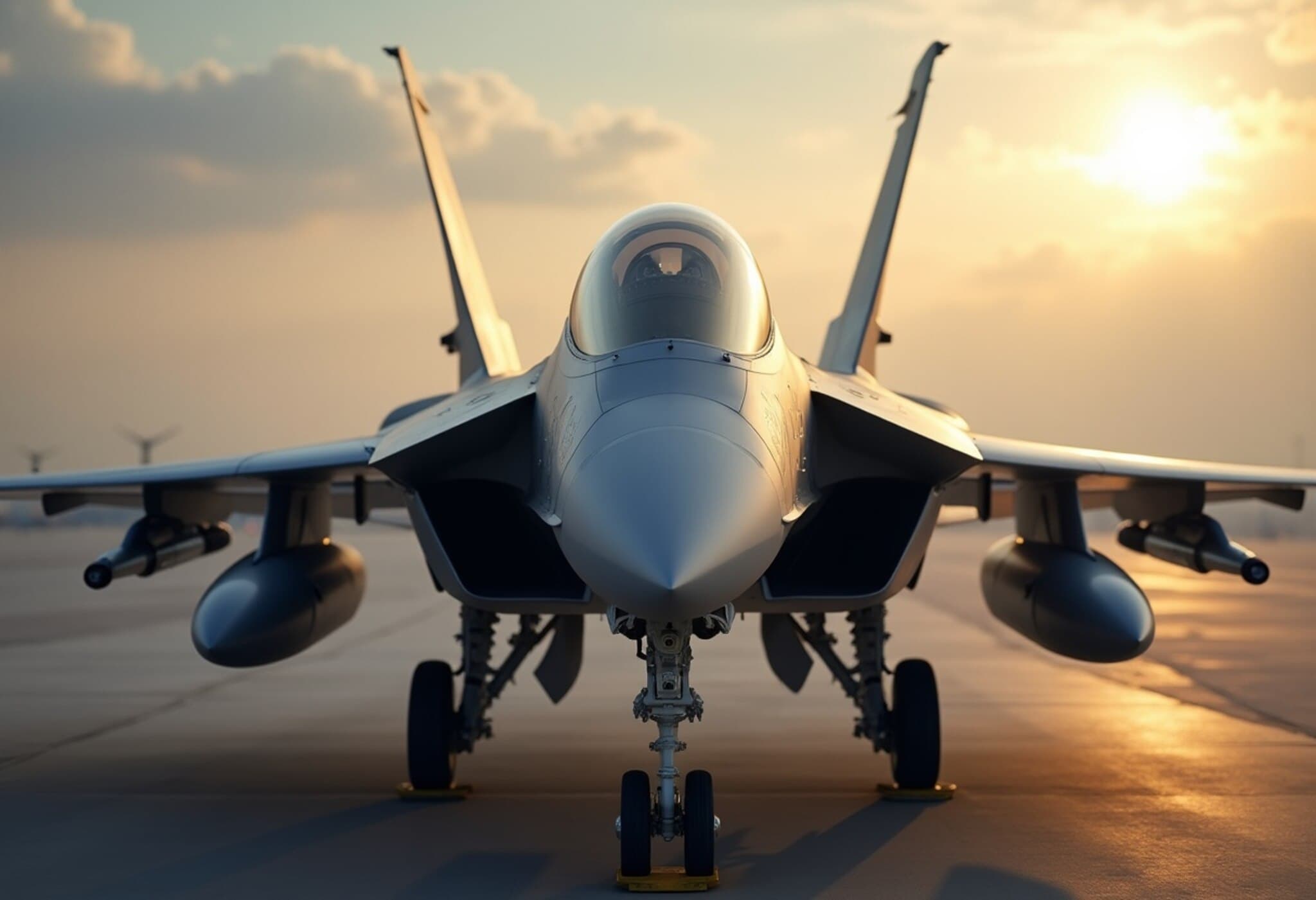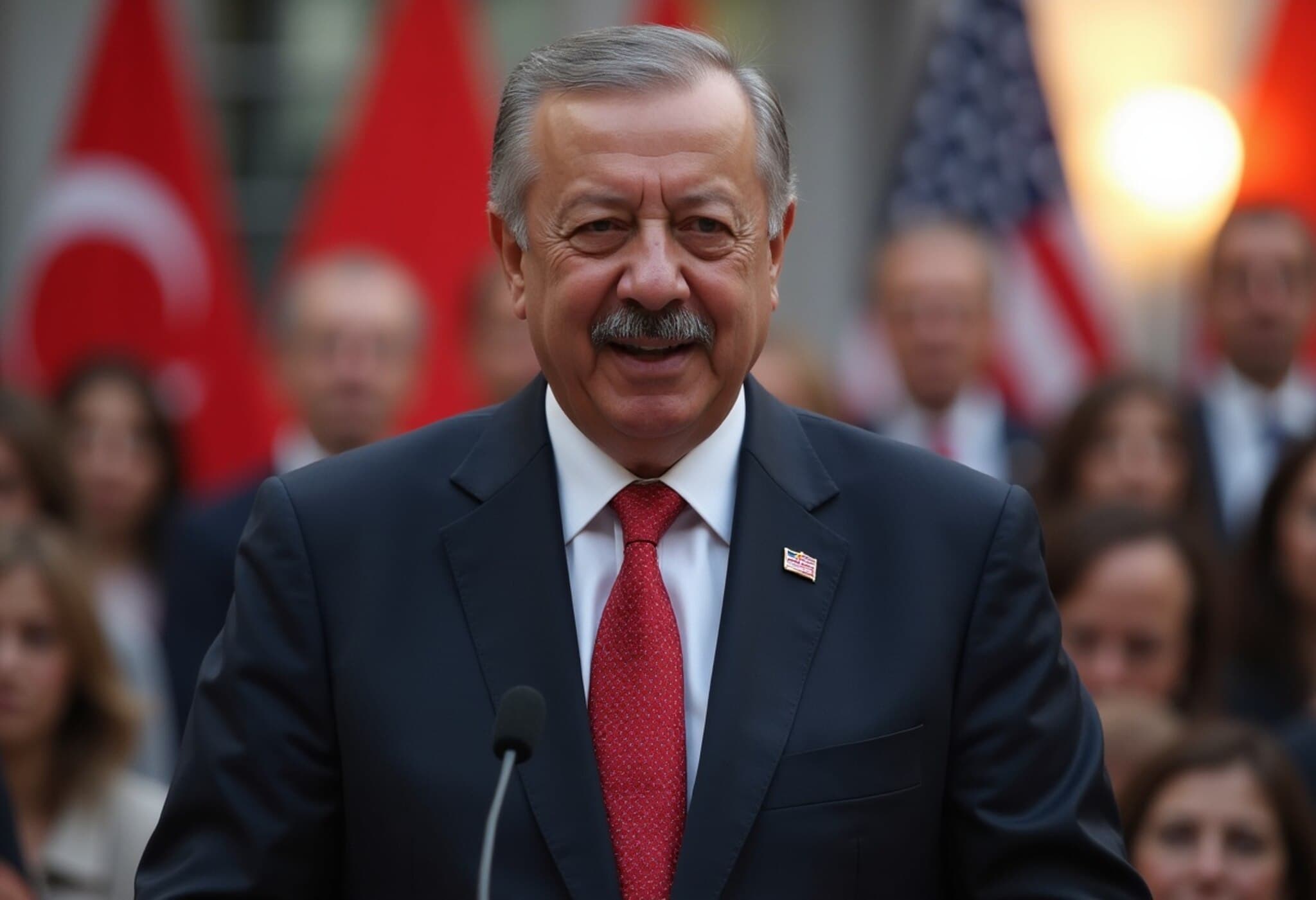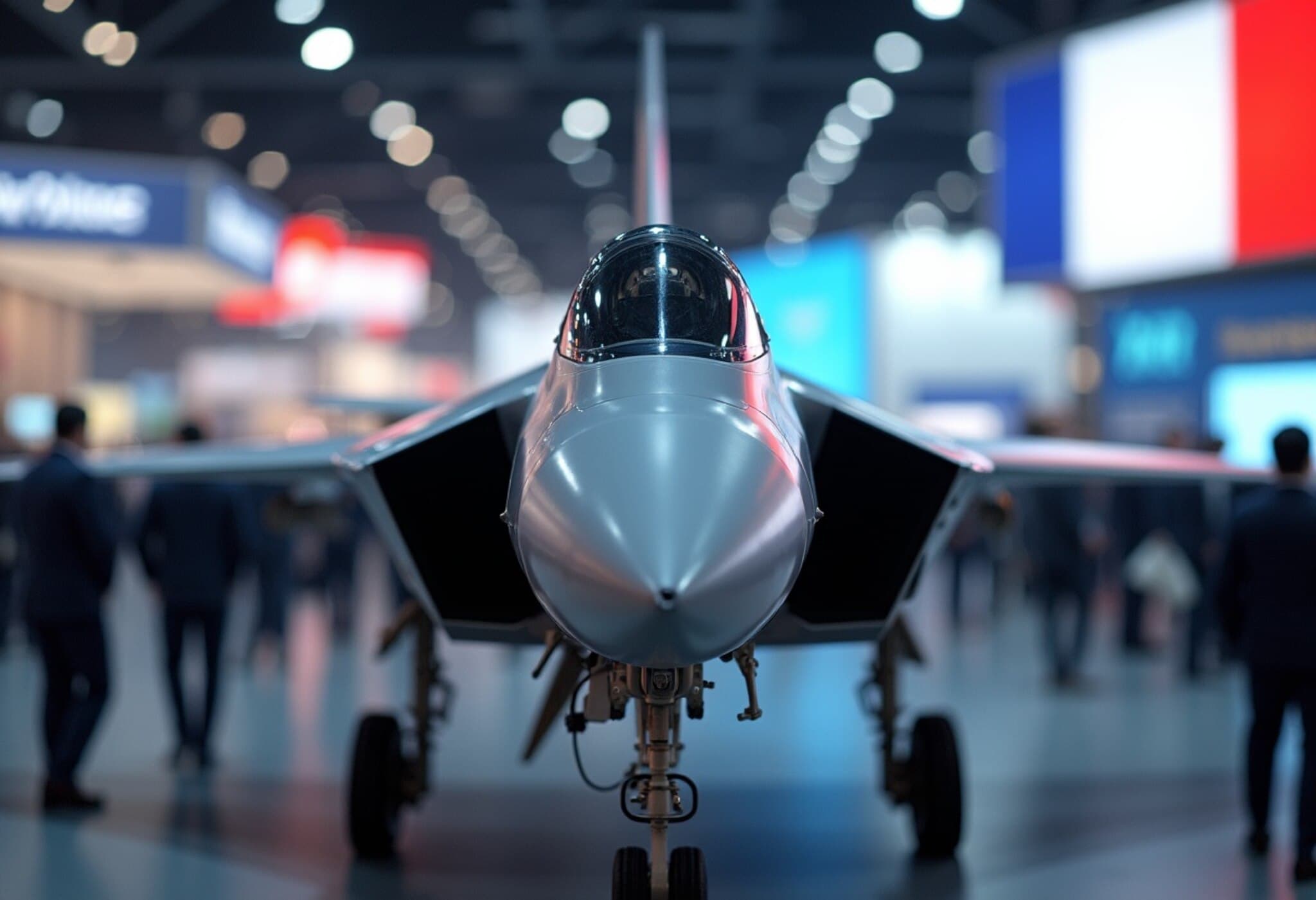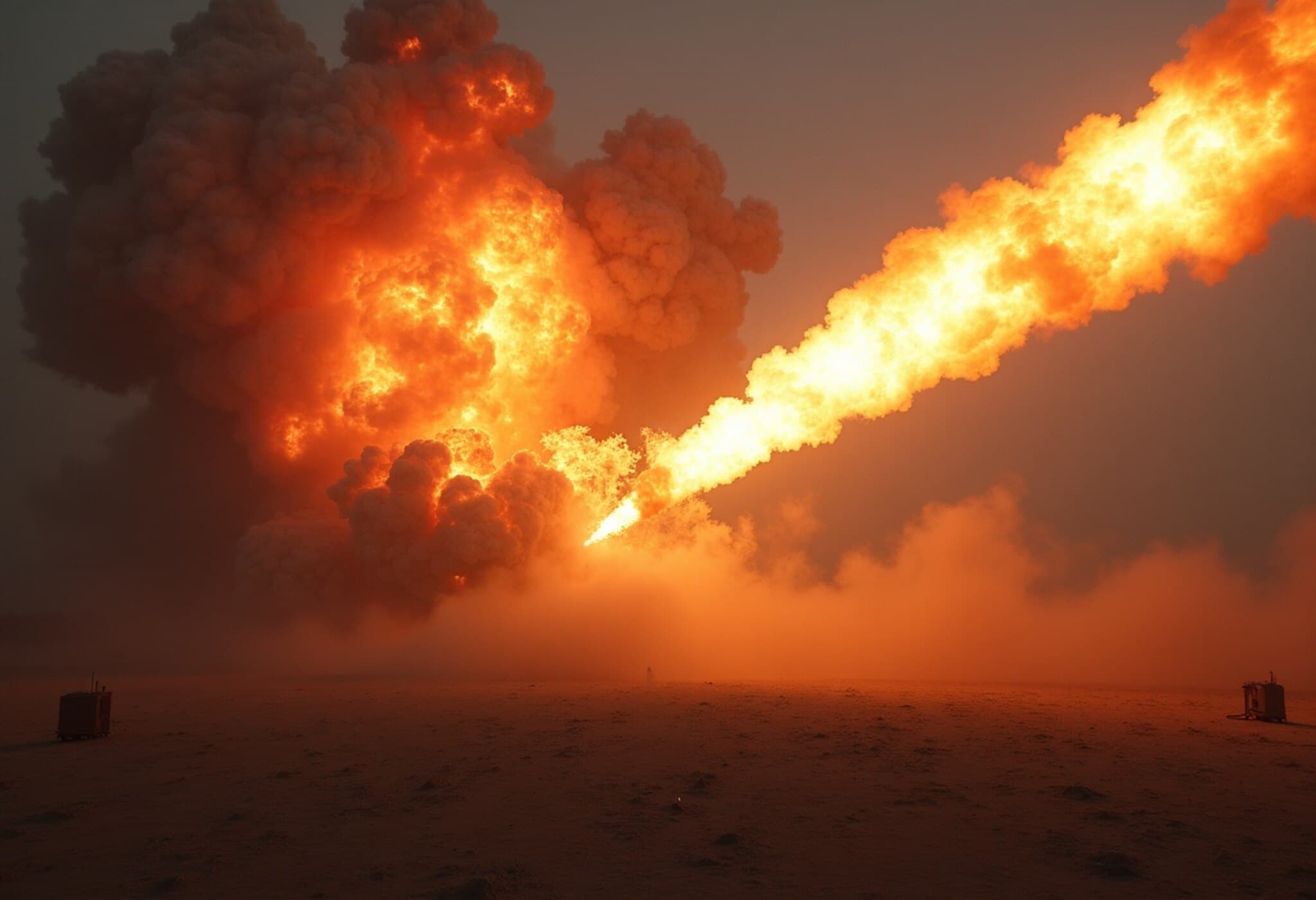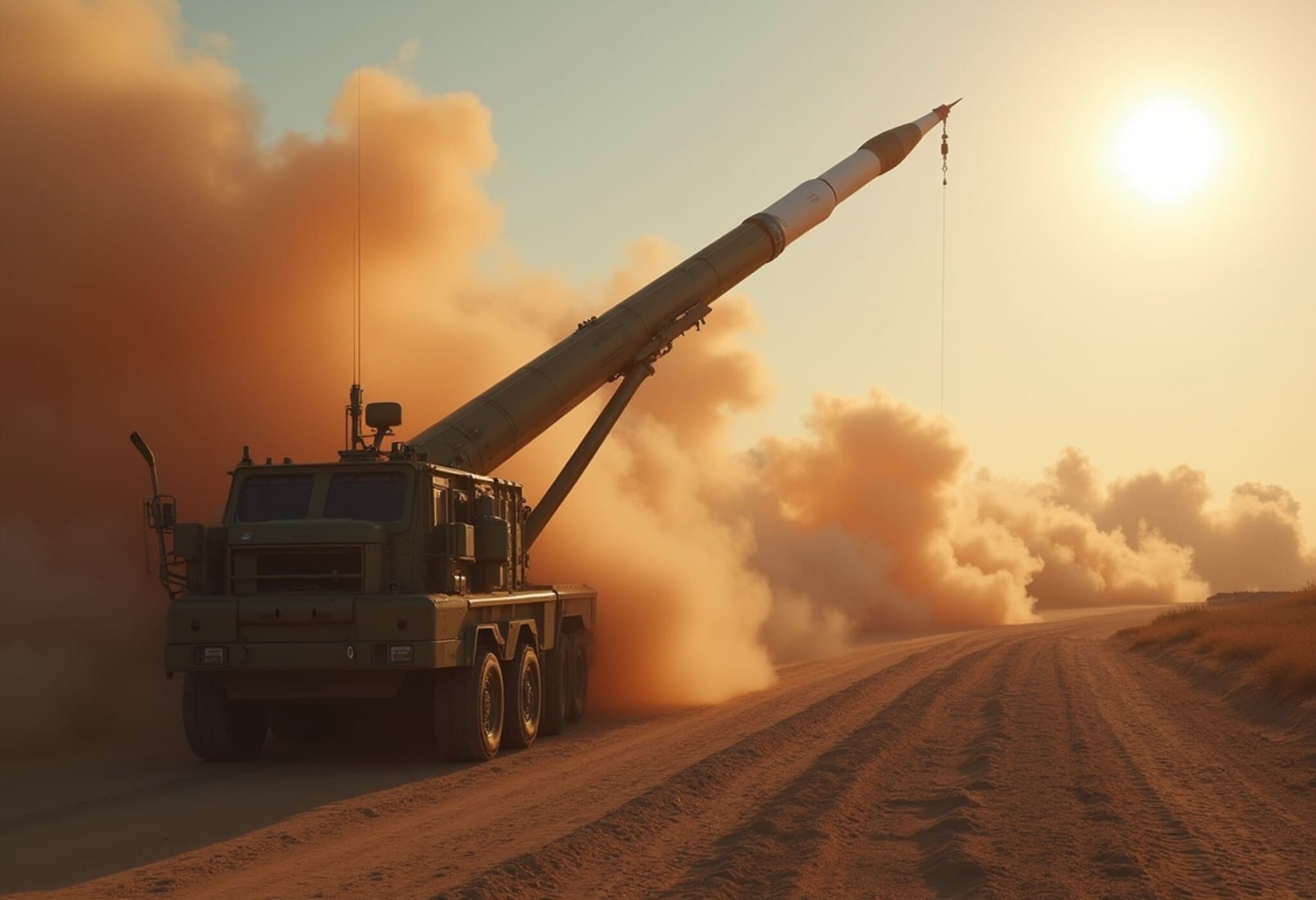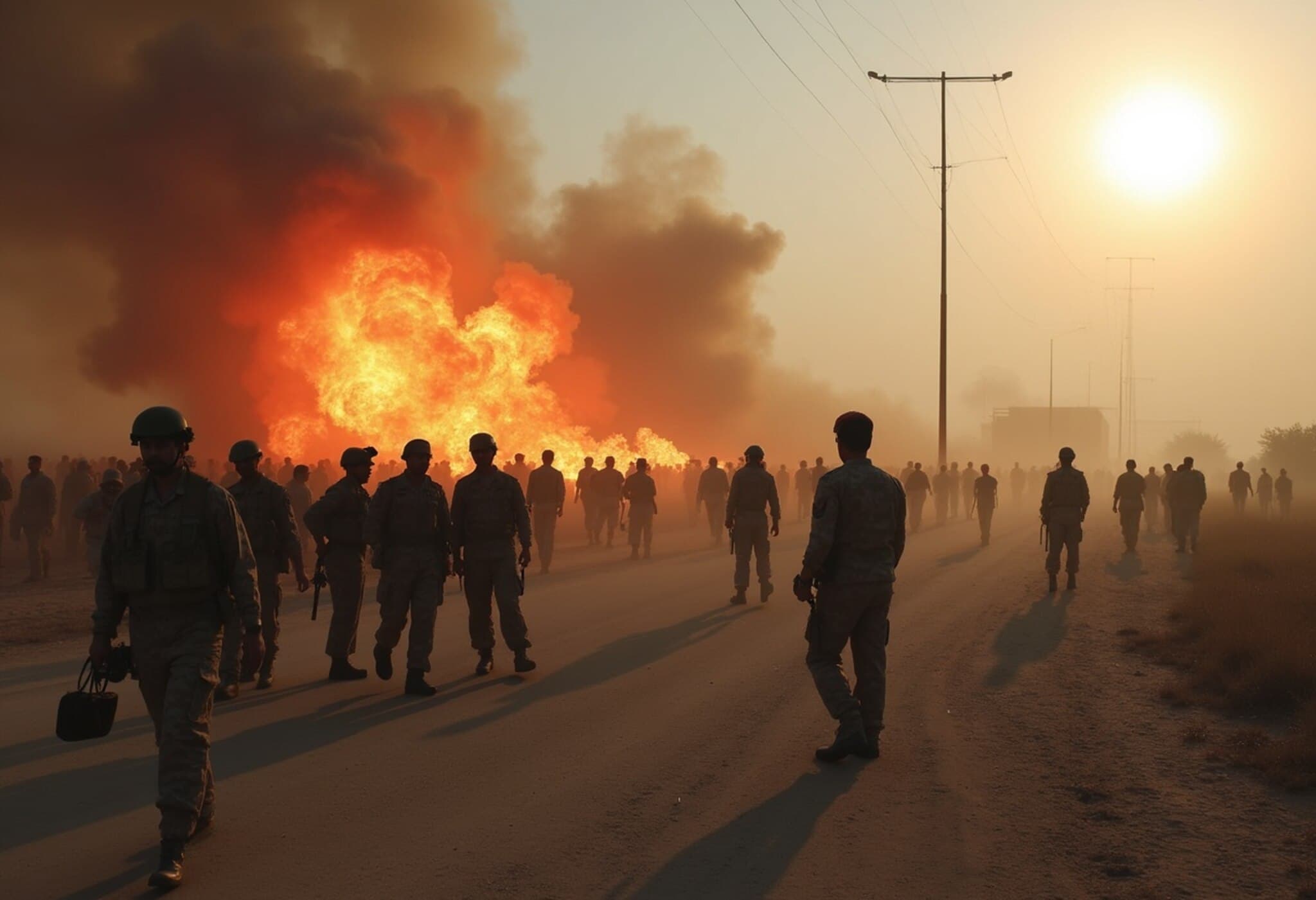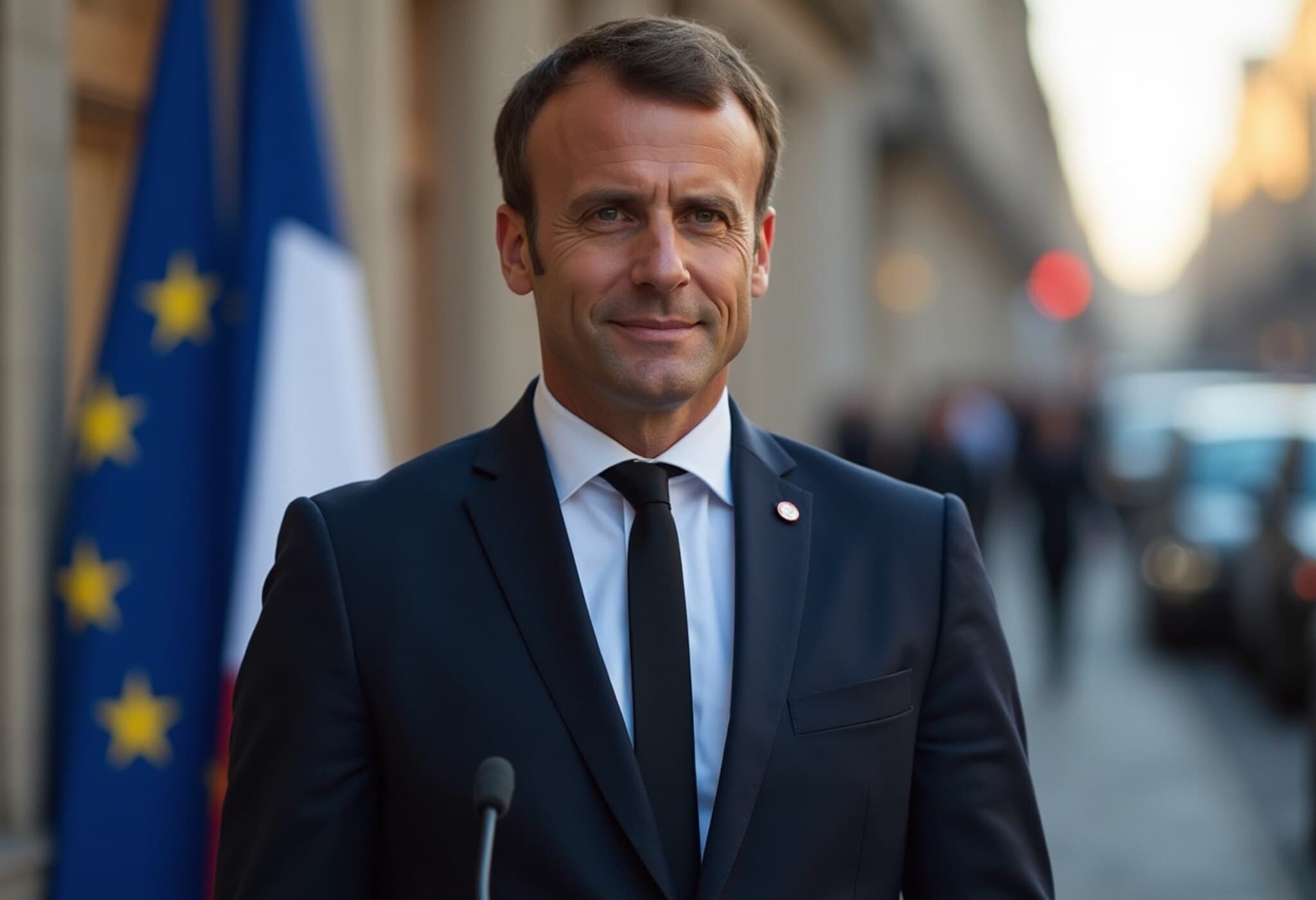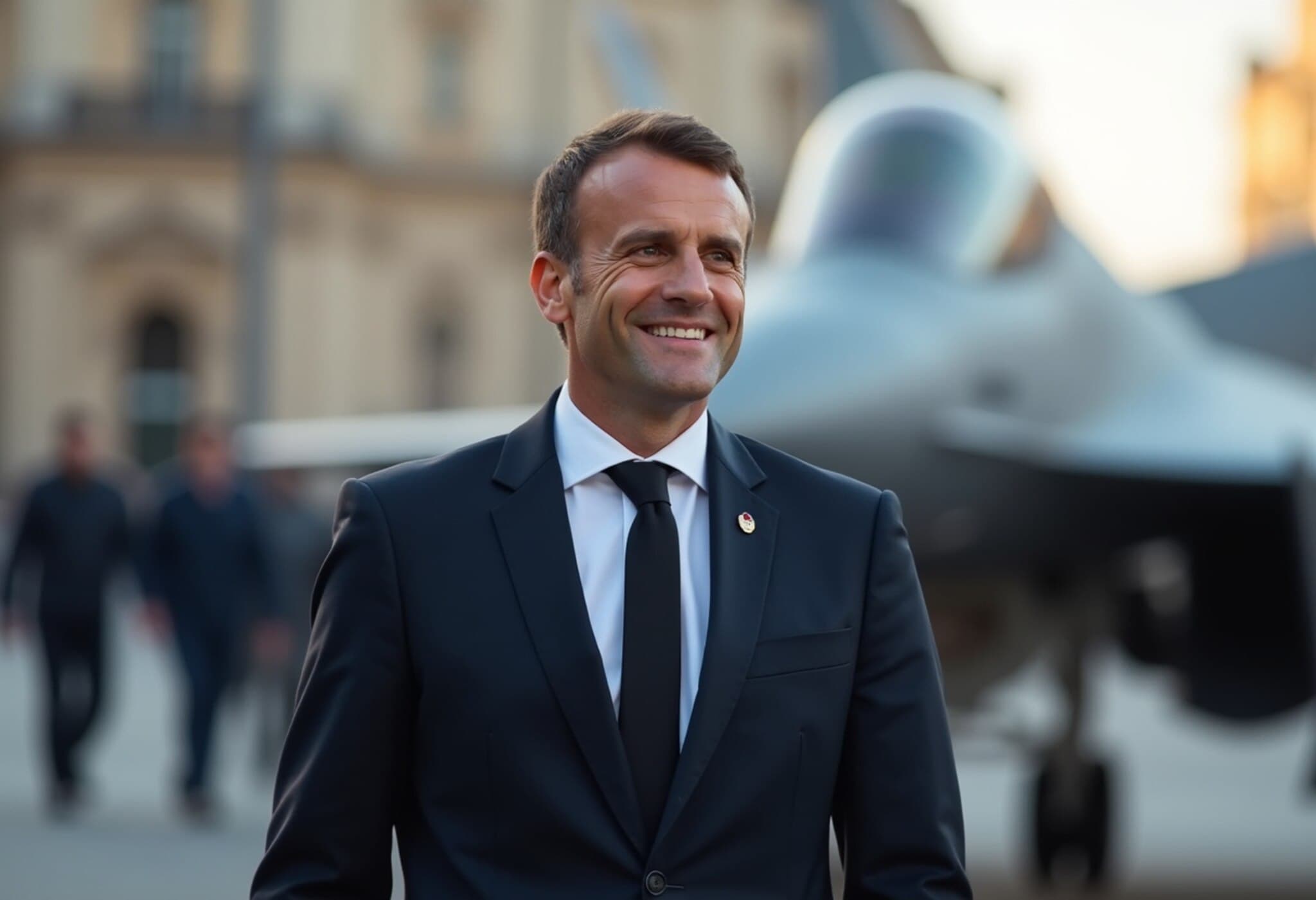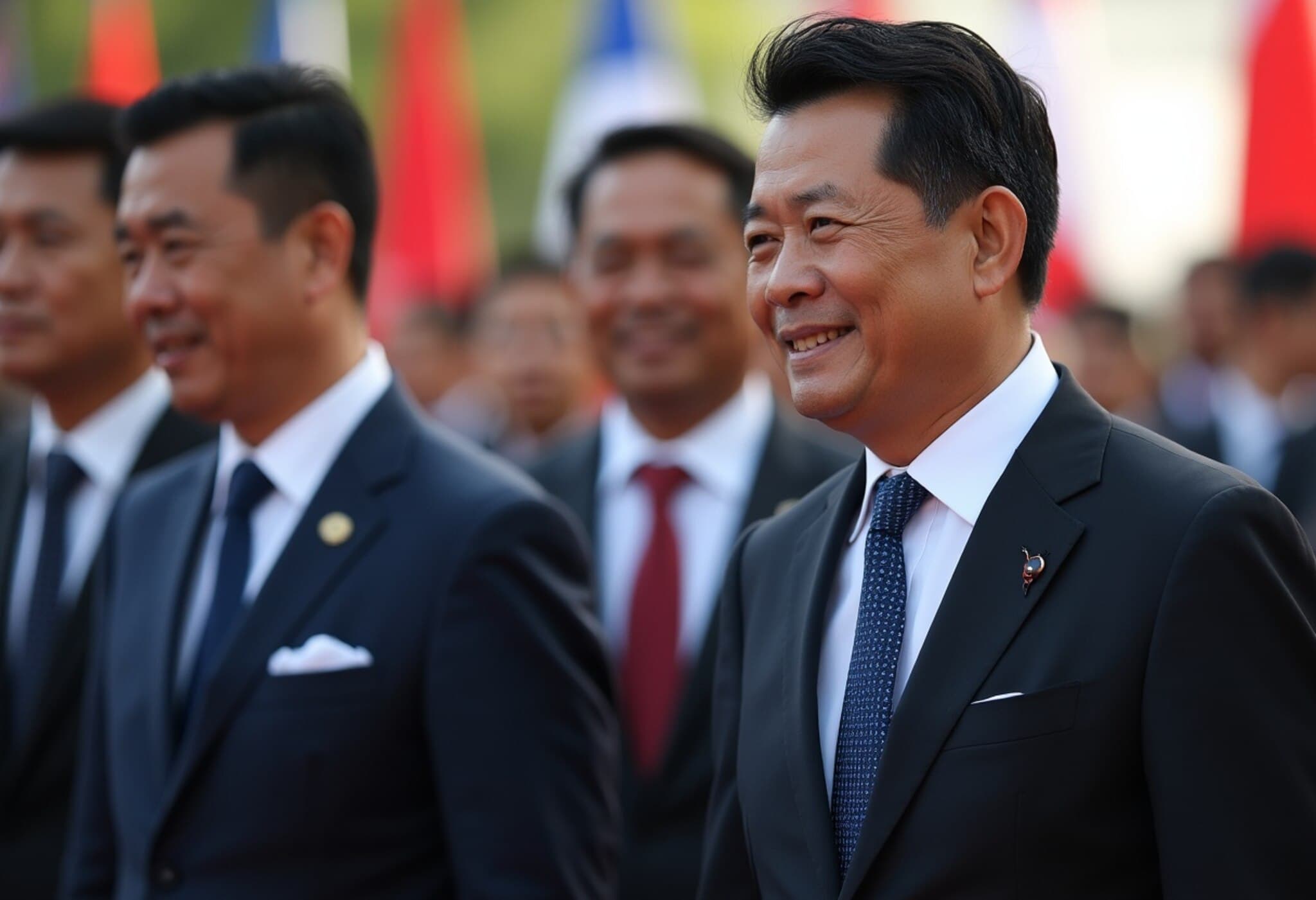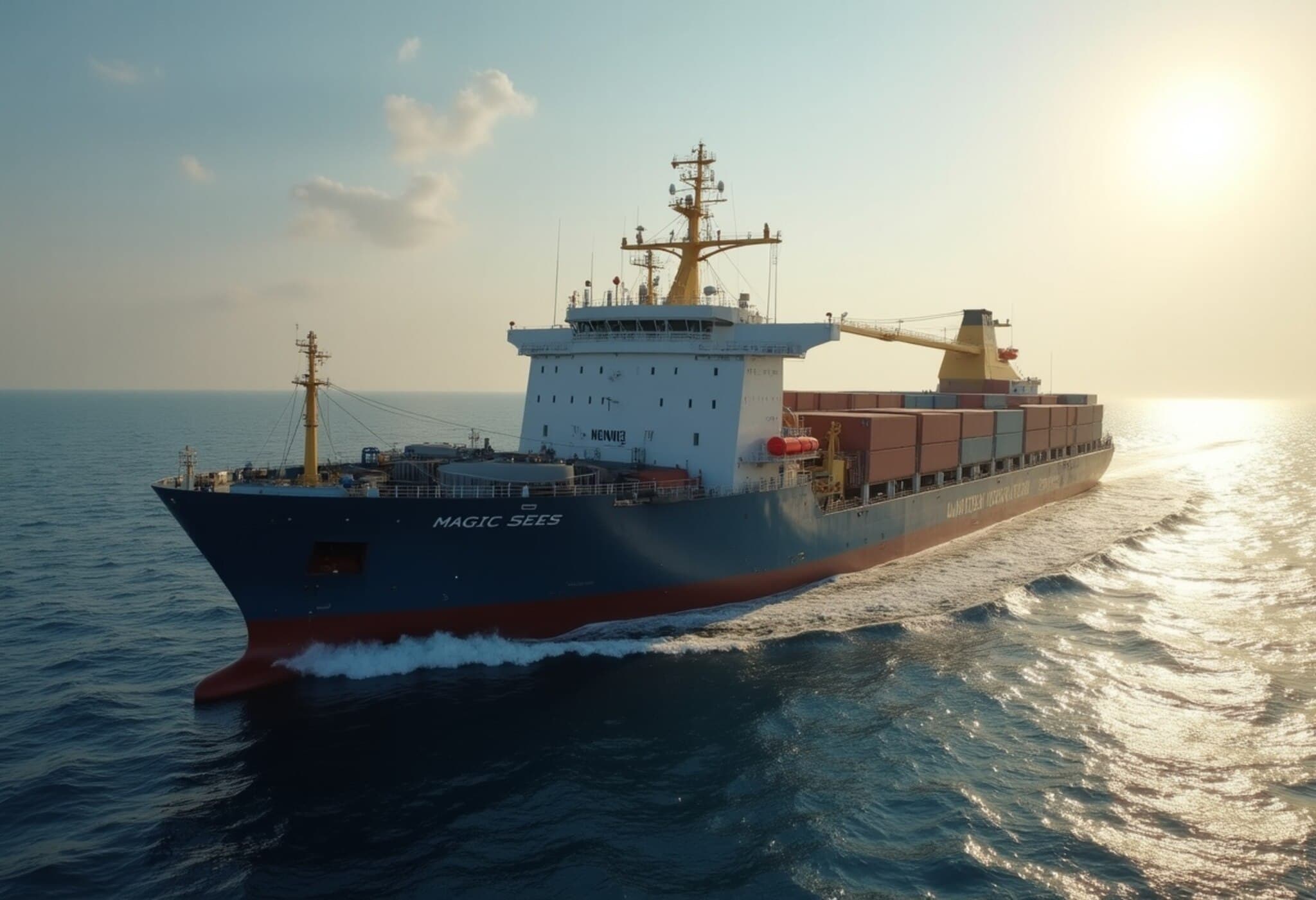China’s Embassies Accused of Undermining Sales of French Rafale Jets
France’s flagship Rafale fighter jet has recently come under a multifaceted attack, not from rival aircraft but from an alleged disinformation campaign spearheaded by Chinese diplomatic channels. According to findings from French intelligence reviewed by The Associated Press, Chinese defense attaches operating within embassies abroad orchestrated efforts to cast doubt on the Rafale’s combat effectiveness and sway international customers toward Chinese alternatives.
Context: Clashes and Combat Performance Scrutinized
The spotlight on the Rafale intensified following the May 2025 air skirmishes between India and Pakistan, where Rafale jets were deployed as part of India's air arsenal. These confrontations marked the most intense military exchanges between the two nuclear-armed neighbors in years, reigniting scrutiny over how French-made fighter jets fared against Chinese-supplied Pakistani aircraft and missile systems.
While Pakistan claimed to have shot down five Indian aircraft, including three Rafales, India confirmed losses without detailing specific models. French Air Force Chief General Jérôme Bellanger acknowledged only three Indian aircraft losses — one Rafale, a Russian-made Sukhoi, and a Mirage 2000 — marking the first known combat loss of the Rafale jet since its introduction.
A Concerted Disinformation Operation
The French Defense Ministry has characterized the opposition faced by the Rafale as “a vast campaign of disinformation,” underscoring its gravity. This campaign reportedly spanned social media platforms where fake videos, AI-generated images, and manipulated debris photos were disseminated to erode confidence in the aircraft’s reliability. French analysts noted the rapid rise of over 1,000 newly created social media accounts during the clashes, which aggressively promoted narratives emphasizing the supposed technological superiority of Chinese military hardware.
While direct links between the online disinformation and the Chinese government remain unconfirmed, intelligence assessments do confirm that Chinese embassy defense officials engaged in lobbying efforts to dissuade current Rafale customers — notably Indonesia, which has ordered 42 jets and is considering expanding its fleet — from further purchases. They also targeted countries contemplating new fighter jet acquisitions, pitching Chinese models as superior alternatives.
Strategic Stakes Beyond the Fighter Jet
France views the Rafale not merely as an export product but as a strategic asset emblematic of its national technological prowess and a linchpin in defense partnerships, especially in the Indo-Pacific region. The French Defense Ministry warned that undermining the aircraft amounts to attacking France’s broader strategic autonomy and industrial credibility.
With over 530 Rafales sold worldwide — including to Egypt, Qatar, Greece, and the UAE — the jet is a cornerstone of France’s defense exports. Its reputation influences diplomatic relations and security cooperation, particularly as China consolidates power in Asia and seeks to limit Western influence.
Expert Insight: Assessing China’s Motives and Impact
Justin Bronk, an airpower expert at the Royal United Services Institute in London, emphasized the geopolitical calculus behind China’s campaign. “China appears keen to leverage the Pakistani air force’s combat claims to question the Rafale’s value, aiming to reduce Western defense influence in the Indo-Pacific through shaping perceptions rather than direct military competition,” Bronk explained.
This information warfare approach highlights how modern conflict extends beyond battlefields into digital and diplomatic spheres, with strategic messaging shaping defense markets and alliances.
Official Responses and Regional Implications
Beijing has dismissed allegations as “groundless rumors and slander,” reaffirming its professed commitment to responsible military exports and regional stability.
However, the reported campaign reflects broader tensions in global defense diplomacy, where nations engage not only in arms sales but also in narrative management to preserve influence. For buyers like Indonesia, the challenge lies in navigating complex information landscapes to make procurement decisions based on transparent and verified data.
Conclusion: Beyond the Rafale – The Battle for Trust and Influence
The saga of the Rafale jets underscores an evolving frontier in defense where technological prowess intersects with information strategy. As competition intensifies between Western military technology providers and Chinese offerings, reputation and public perception become battlegrounds as crucial as physical hardware performance.
For policymakers, defense contractors, and governments worldwide, this episode raises urgent questions about the vulnerability of international arms sales to covert influence and disinformation. It highlights the need for robust intelligence cooperation, transparent communications, and critical media literacy among defense customers to safeguard strategic partnerships in an era where truth itself often becomes collateral damage.
The revelations about China’s diplomatic maneuvering to tarnish the Rafale’s credibility illustrate a broader trend of hybrid tactics in global power competition. While the Rafale battle is military in nature, it ultimately reflects the vital importance of trust and transparency in international relations. Observers should watch closely how affected nations respond, balancing defense needs with geopolitical pressures and information integrity.

